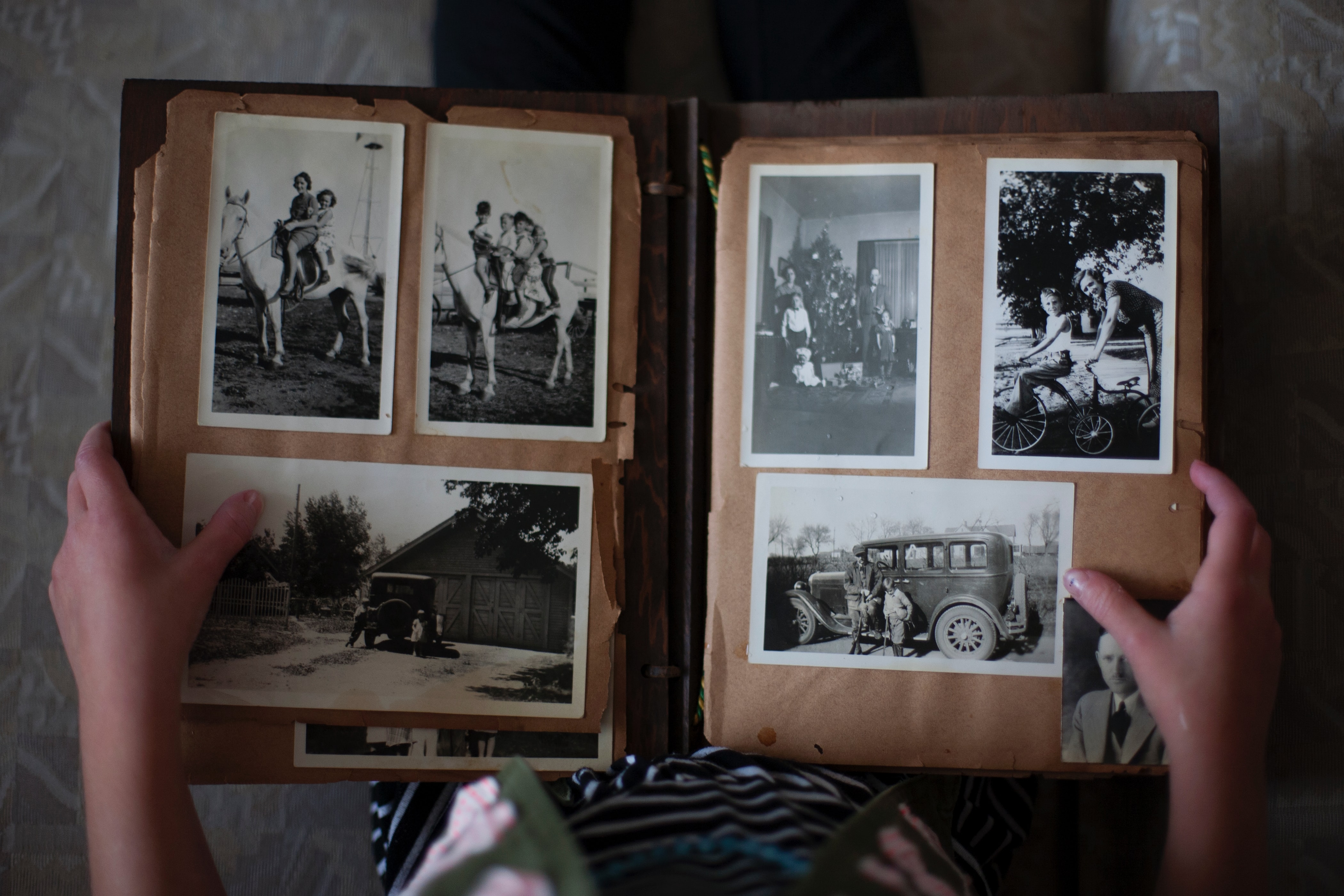The setting was September 2009 on a cloudy Saturday morning. I sat at the kitchen table in my brother’s home with my adorable four-year-old niece Emma, eating breakfast as she carefully filled out a coloring book page with vibrant crayons. “Aunt Shira, I like your boyfriend,” she suddenly proclaimed in a serious tone, her eyes never leaving the artwork in front of her. My heart soared at those words. You see, I had been divorced for many years and hadn’t taken anyone home to meet my family since before Emma, or her nine-year-old brother, were born. Knew I loved my boyfriend Justin with all of my heart, but something about getting approval from the youngest member of the Miller family after meeting him made it official. My response was simple. “Thanks sweetie, I like him too.”
Justin and I got engaged on our third anniversary and have been happily married since July 2013. I am lucky to have many great memories with him, my friends and family over the years. But that moment with Emma, so special and precious, became a warm blanket of support for me. And when times have been hard, I divert back to it for a burst of goodness. Like when I was diagnosed with Crohn’s Disease in 2014, with really bad symptoms and exhaustion. I used to be one of those people who hated having blood drawn or IV needles inserted. As a diversion, I’d pull up that memory of my niece’s words to let the happiness overcome the fear before having another colonoscopy or treatment. Even after going into remission, it is still my default positive memory during medical treatments and other times when I need to deflect fear, like being in an airplane during a bad storm or when COVID-19 anxiety, especially during the initial shut downs, made it hard to sleep at night.
With this in mind, it is no surprise that research has found that recalling happy memories can combat stress. According to this article from Health.com, positive experiences from your past may block rising cortisol levels. “There is evidence for emotion regulation to be suppressed under stress,” explains Mauricio Delgado PhD, associate professor of psychology at Rutgers University, in this piece. “We show that a potential alternative form of regulation—if more traditional cognitive strategies are unsuccessful under stress—may be by increasing positive emotion via recalling positive memories.”
Sounds great, right? Best of all, it is easy to get started. Here are three ways to tap into happy memories to deal with difficult times:
- Pick a memory. Give yourself a bit of time – 10 minutes, 20 minutes or more, where you can minimize mental distractions. Yes, that does means shutting your smartphone completely off or at least silencing notifications. When you are silent and clear, quickly start writing down some of the happiest times of your life. List as many as you can – getting that college acceptance letter, being hired for a dream job, nailing an audition, finding out that you are pregnant after years of trying, etc. Looking at that list of goodness, pick one that immediately fills you with joy.
- Give it resonance. Once you have identified that key positive memory, bring it to life. Write it all out in as much detail as you can in a journal, Word document, smart phone or notes app. If you are visual, maybe choose a photo related to that moment that triggers intense happiness. Record yourself talking about it if that does the trick. Whatever the case, the key is making it so real and vivid that it feels like you are reliving it in that moment.
- Make it easy to access. Think about what it takes to trigger that positive memory when you need it the most. Should you use it as your screen saver for instant access? Can you start daydreaming about it before something negative happens or to push away fear and anxiety? My default is journaling and the days where I wake up and do it first thing makes all of the difference; that allows me to pull up positive memories – like the one from my niece or other times of my life, when needed the most.
How has tapping into happy memories helped you deal with difficult times?


